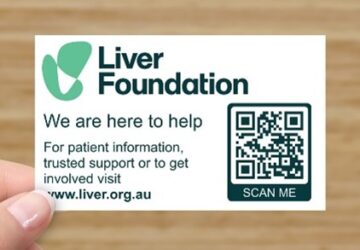
Love Your Liver
The liver is an amazing organ. It’s the only organ in the body that can repair itself by creating new tissue.
If you take care of it, and make some changes to the way you live, eat and drink, you can prevent or reverse much liver damage and avoid serious complications in future.
Find Out How




